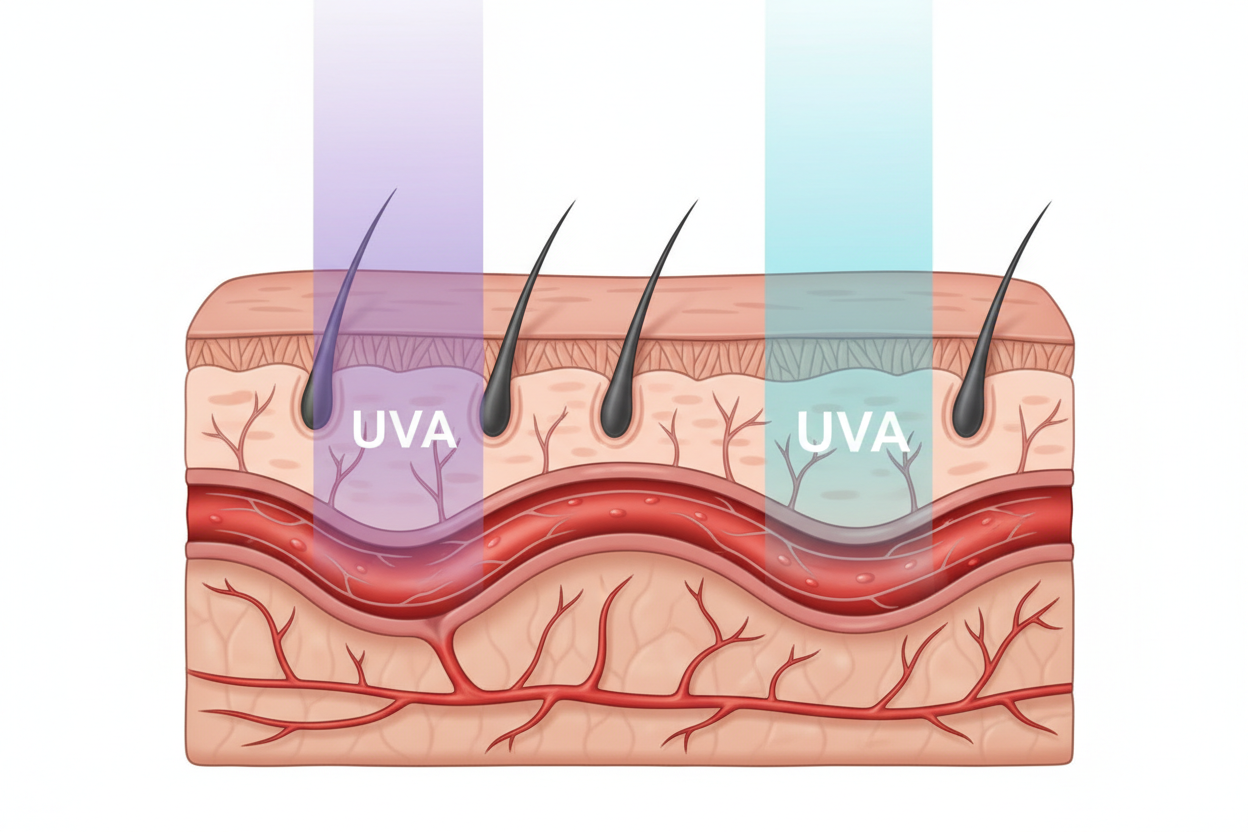Recent study provides fascinating insight into the relationship between UVB radiation, vitamin D levels, and the incidence of type 1 diabetes in children. The results of this study may have significant implications for public health and the prevention of this autoimmune disease.
UVB Radiation and Vitamin D
UVB radiation from the sun is the main source of vitamin D for the human body. Vitamin D is essential for the healthy functioning of the immune system and has protective effects against a number of chronic diseases, including type 1 diabetes. Researchers have found that in areas with higher levels of UVB radiation, the incidence of type 1 diabetes in children is significantly lower.
Key Findings of the Study
1. Incidence of Type 1 Diabetes and Latitude: The study found that children living at higher latitudes, where there is less sunlight, have a higher incidence of type 1 diabetes. This suggests that lower exposure to UVB radiation may contribute to an increased risk of developing this disease.
2. Protective effect of UVB radiation: In regions with high levels of UVB radiation, the incidence of type 1 diabetes was almost zero. This finding supports the theory that an adequate amount of vitamin D, obtained through sunlight exposure, may play a key role in the prevention of type 1 diabetes.
3. Impact of healthcare: Researchers also found that higher healthcare spending is associated with a higher incidence of type 1 diabetes. This may be due to better diagnosis and records in wealthier regions.
Health Recommendations
Based on these findings, it is important to consider the following measures:
- Increased exposure to sunlight: Regular time spent in the sun can help increase vitamin D levels, which may reduce the risk of developing type 1 diabetes. It is recommended that children spend more time outdoors, especially during the morning and afternoon hours when UVB radiation is most intense.
- Vitamin D supplementation: In regions with low levels of sunlight or during the winter months, vitamin D supplementation may be appropriate to ensure adequate levels of this important vitamin.
- Education and Awareness: Increasing awareness about the importance of vitamin D and its sources can help parents and caregivers take measures to protect their children's health.
Conclusion
This study provides new evidence that UVB radiation and vitamin D may play a key role in the prevention of type 1 diabetes in children. Raising awareness about the importance of vitamin D and ensuring its adequate levels in the population could be an important step in combating this disease.
For more information about this study, visit [PubMed](https://pubmed.ncbi.nlm.nih.gov/18548227/).





Leave a comment
This site is protected by hCaptcha and the hCaptcha Privacy Policy and Terms of Service apply.